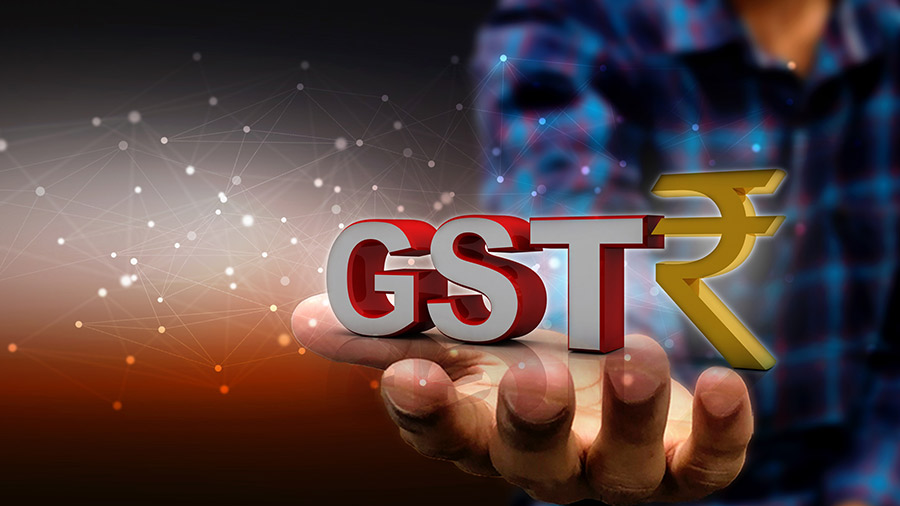A significant development is underway that could directly reduce the cost of insurance for millions of Indians. The Group of Ministers on Goods and Services Tax met recently to discuss the possibility of exempting health and life insurance premiums from GST. Bihar Deputy Chief Minister Samrat Choudhary, who convenes the group, confirmed that the ministers were of the view that all individual health and life insurance policies should be exempt from tax.

He told the media that every member present supported the exemption of insurance premiums from GST and that the final decision would rest with the GST Council. This proposal is expected to be part of the new GST structure that the government is planning to roll out as a Diwali gift to the common man.
Prime Minister Narendra Modi had already hinted at sweeping GST changes in his Independence Day address, promising a simpler and more beneficial system for ordinary citizens. The new structure will likely reduce the number of slabs to just two, at five percent and eighteen percent, replacing the existing four-slab model.

Currently, health and life insurance premiums attract GST at eighteen percent. In the financial year 2023–24 alone, the Centre and states together collected over eight thousand two hundred crore rupees through GST on health insurance premiums and nearly one thousand five hundred crore rupees on reinsurance premiums. Reducing the rate to five percent or even making it zero could provide immediate relief to policyholders.
However, industry experts have cautioned that the impact may not be as straightforward as it appears. Insurance companies currently benefit from input tax credit on many of their operational expenses. If the GST rate is reduced to five percent or removed altogether, insurers may not be able to claim this credit, potentially raising their overall costs. Some experts believe this could eventually lead to higher base premiums, offsetting part of the benefit for customers.

Rakesh Jain, CEO of Reliance General Insurance, welcomed the government’s move, saying it would bring much-needed relief to customers and expand insurance penetration in the country. He also pointed out that while lower taxation will make policies more affordable, the inverted duty structure remains a challenge for insurers and may need separate attention from policymakers.
The Group of Ministers will now submit its report to the GST Council, which will include the proposal for exemption as well as the views of various state finance ministers. The Council will then take the final call on whether health and life insurance premiums will indeed become tax-free.
For millions of households, especially middle-class families and rural populations, such a step could ease financial pressure and encourage more people to take up health and life insurance. The outcome will be closely watched as it has the potential to reshape the affordability and accessibility of insurance across India.
For more updates on GST reforms, personal finance, and smart money choices, follow You Finance on Instagram and Facebook. Stay ahead with insights that help you protect and grow your wealth.















